“Prison Playbook” (슬기로운 감빵생활)
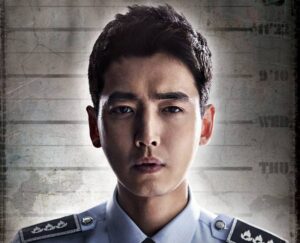
“Prison Playbook” is a dramedy I never wanted to watch. But I’m so glad I did, because it handled social injustice in a way that was palatable to digest, while offering a satisfying ending.
Journalist, Author & Syndicated Columnist

“Prison Playbook” is a dramedy I never wanted to watch. But I’m so glad I did, because it handled social injustice in a way that was palatable to digest, while offering a satisfying ending.

The masterminds behind the superb “Reply” anthology produced another hit series with “Hospital Playlist,” centering around a quintet of long-time friends who are all doctors for the same prestigious hospital.

“Hyena” shows that being called the best doesn’t mean anything in the real world. The plot depicted South Korea’s insidious system of revering lineage as flawed (and stupid). And that referring to a human being as disposable — because they don’t hail from the proper background — depicts who exactly is the human garbage here.
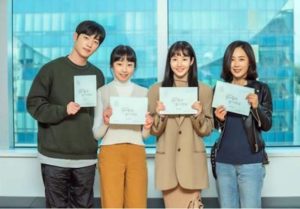
Park Min-Young and Seo Kang-Joon are both skilled actors, whose expressions convey the complicated emotions their characters have. Neither had an easy life and they are almost fearful of expecting — or even wanting — more than what they have.
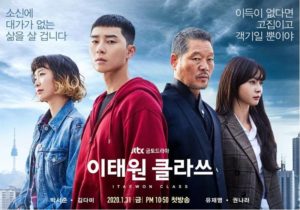
“Itaewon Class” is one of those rare K-Dramas where I disliked both female leads for different reasons. But it just goes to show that a good series doesn’t need a loveline to hold the viewer’s interest.

Jung Hae-In’s adventures in New York are delightful to watch. Here’s hoping he does another season. I know his international fans would love to travel with him vicariously to explore South Korea next.
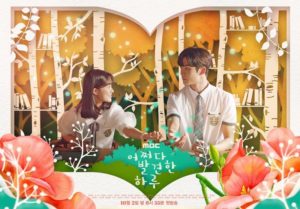
The overall message of “Extraordinary You” is that we are all extraordinary in our own way. At first, Dan-Oh simply wanted to be the star of the series. But she grew to realize that what she really wanted was to have ownership of her life, rather than following others’ expectations of who she should be.
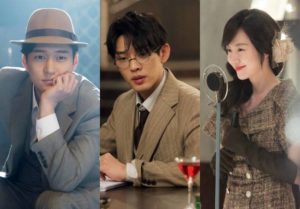
“Chicago Typewriter” takes place in modern-day Seoul, but some of the best storytelling occurs during flashbacks to the 1930s, when Korea was under Japanese occupation. There, we learn about three resistance fighters whose lives and friendship will set the tone for the 21st Century arc.
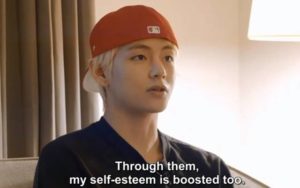
“Someone said seeing BTS was like seeing a unicorn,” RM says in this fifth episode of “Bring the Soul.” “When you think about it, no matter what’s happening behind the stage, just showing our faces is a remarkable experience for some people.” In other words, the group is well aware that there are fans all over the world who will never get the chance to attend a BTS concert. They know that the ones who did manage to snare a ticket often had to go through a Hunger Games-like ordeal to purchase it. For that reason, the group strives to be perfect, to give each show 110% and to perform through their injuries when possible, even when they’re advised not to.

“My Ahjussi” is a satisfying K-Drama focusing on Dong-Hoon, a mid-level engineer who lives a mundane life. He works hard, hangs out with his brothers every evening and goes home to a house where his wife is rarely there. And if she is, she holes away in her home office and ignores him. It can’t be a coincidence that the set designer chose an apartment complex that looks more like a prison than a home for their residence.